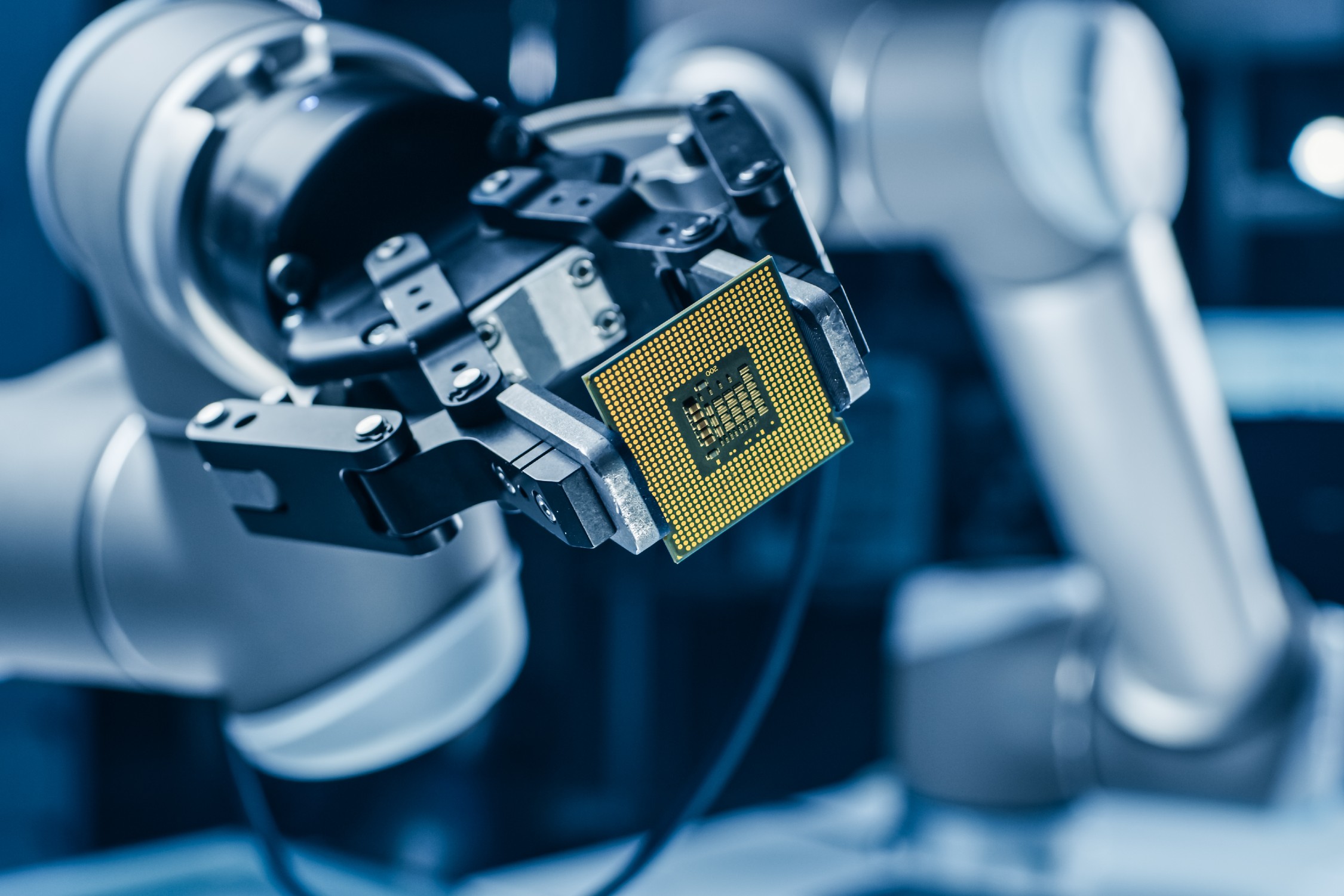The manufacturing industry has a key role in the green transition. By for example creating circular value networks, manufacturing can become more sustainable. There is a huge potential in increasing the circularity in production.
Professor Erik Sundin, Sustainable Production at Linköping University.
Erik Sundin is a professor in Sustainable Production at Linköping University. His research is focused on how the manufacturing industry can become more sustainable especially by remanufacturing and making production more circular. Remanufacturing means taking back products that someone has owned and, in an industrial process, remake the products to mint condition or better. Erik believes that the original manufacturers need to open their eyes to the possibilities of starting to circulate their products in a new way, but also take greater responsibility.
— In order to get there, the original manufacturers need to increase their competence and understanding of how they can take care of their products and not just design, produce and sell them to their customers, Erik says. They need to understand the value of taking back their resources to become more competitive in the long run.
Erik is positive about the future and believes that in ten years we will have many more circular and competitive value networks in Sweden. The actors in the value networks have an established collaboration that works well and is robust, which makes them more resilient to, for example, component shortages or higher prices for raw materials.
In ten years, there will be many more circular value networks where manufacturers collaborate with many different partners to achieve a higher degree of circularity. This may involve more reparation and remanufacturing of products, as well as better recycling of materials.
Professor Erik Sundin, Sustainable Production at Linköping University.
To achieve increased circularity, more research and new skills are required. There is a need for competence on many levels. On the one hand, engineers need updated skills to understand what is required of products and production systems to become more circular. On the one hand, dialogue with business developers is needed in order to be able to adapt business models and gain an understanding of the demands in the value network and how to achieve good cooperation.
We have to increase competence about how we get more circular business models, but also about how production systems, logistics chains for returning products and the products themselves can be adapted to enable the circular systems. A lot is done but it needs to be industrialized and implemented.
Professor Erik Sundin, Sustainable Production at Linköping University.
Erik is responsible for the Ingenjör4.0 module Sustainable Product Systems, where professionals working in the manufacturing industry have the opportunity to learn more about how their products can become more circular and how to measure its environmental performance. Upskilling for professionals is especially important according to Erik.
— We have lived for so long in a linear thinking that it will require a great upskilling effort to get to circularity. Therefore, we need lifelong learning where professionals get upskilling and reskilling to create circular flows, Erik concludes.



